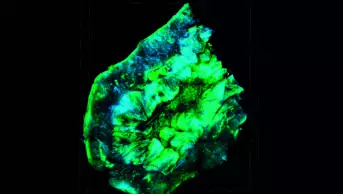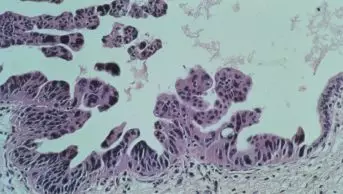
Gallo Images / Alamy Stock Photo
Progeria is a rare, fatal disorder of accelerated ageing in children resulting from a mutant protein produced in the cell nucleus. Growing evidence also suggests that mitochondrial defects play a role in the disease.
Researchers from the University of Maryland found that methylene blue – a chemical that has antioxidant effects in mitochondria – can rescue mitochondrial defects in both progeria and normal skin cells. Unexpectedly, the treatment also affects the nucleus, eliminating the nuclear “blebbing” characteristic of the disease and restoring nuclear functions.
“When we looked at the treated cells, it was hard to tell that they were progeria cells at all,” comments Kan Cao, senior co-author of the study, published in Aging Cell (online, 14 December 2015)[1]
.
The team concludes that methylene blue is a promising drug for progeria and potentially normal ageing, and warrants further studies.
References
[1] Xiong Z-M, Choi JY, Wang K, et al. Methylene blue alleviates nuclear and mitochondrial abnormalities in progeria. Aging Cell 2015; doi: 10.1111/acel.12434.


